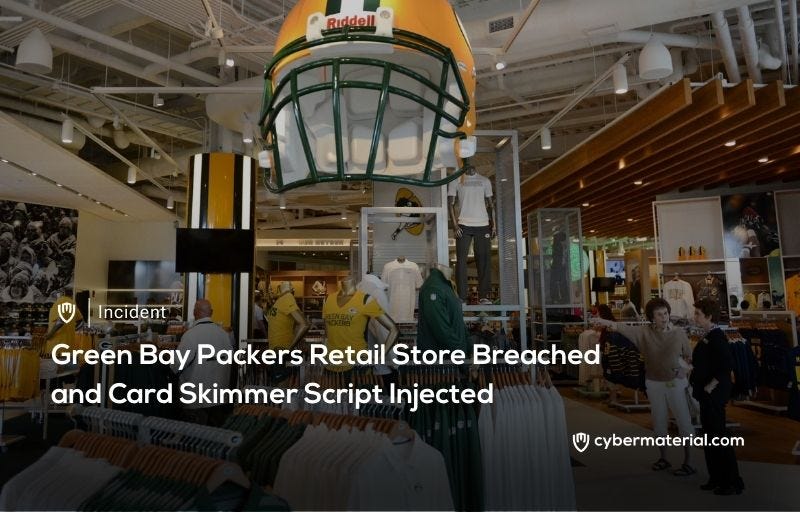
In October 2024, the Green Bay Packers revealed that their official online retail store, packersproshop.com, was breached by a cyber attacker who injected a card skimmer script into the checkout page…

In October 2024, the Green Bay Packers revealed that their official online retail store, packersproshop.com, was breached by a cyber attacker who injected a card skimmer script into the checkout page…